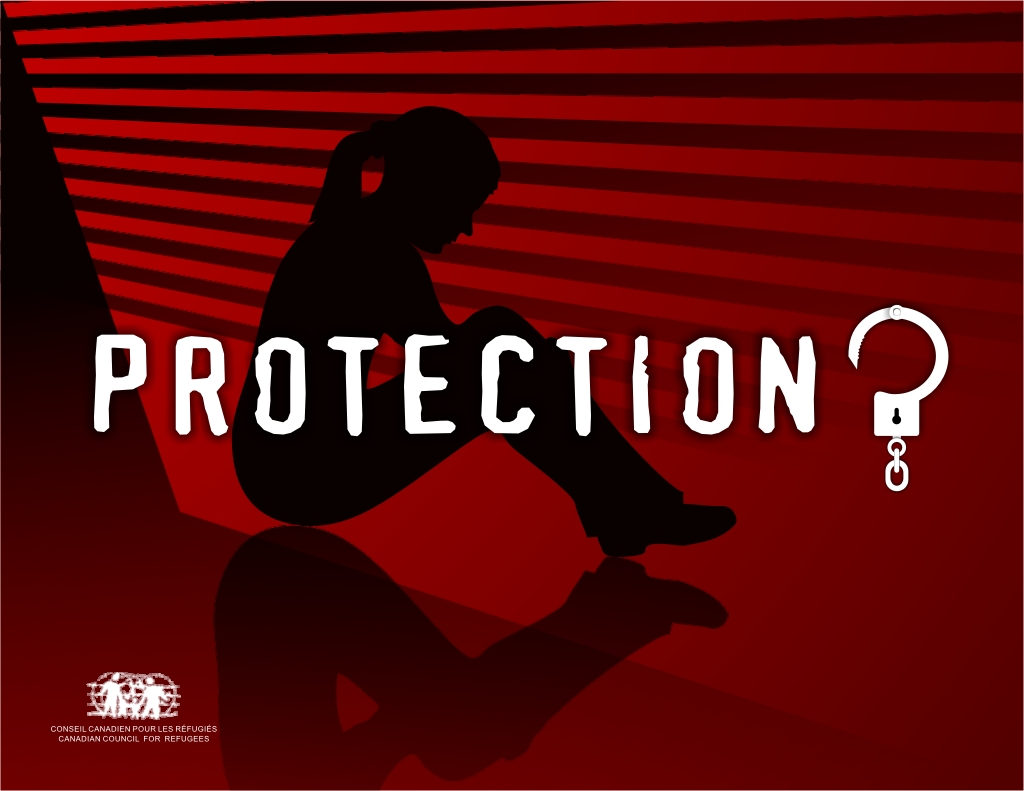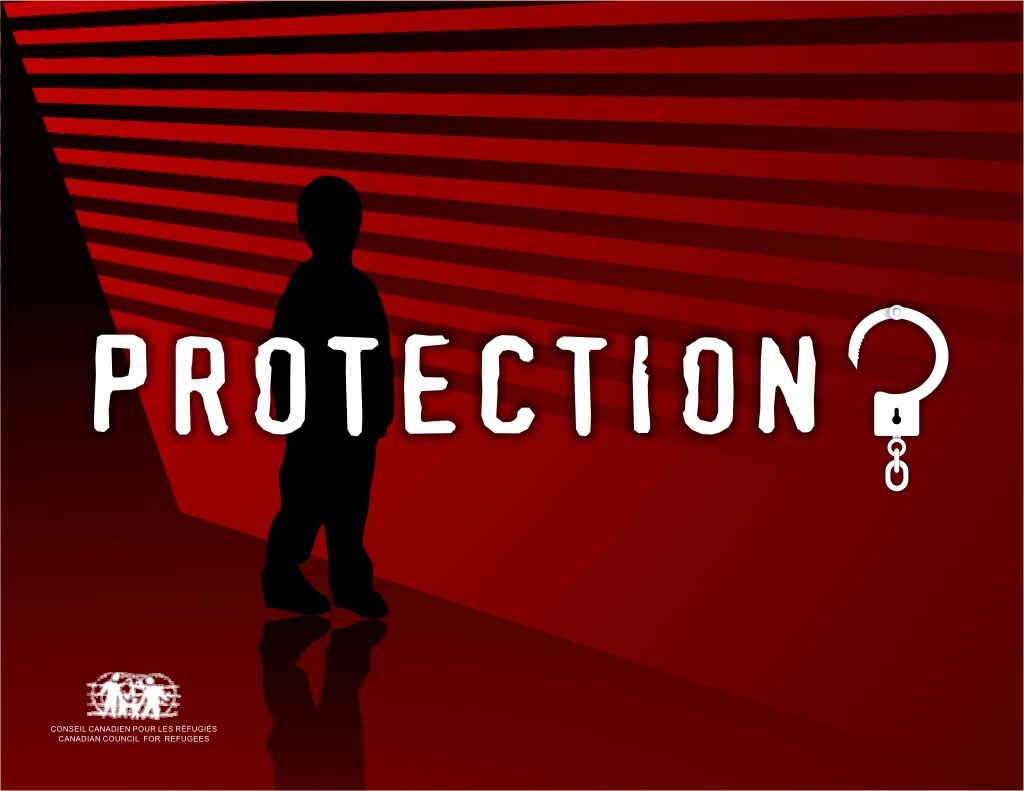Trafficking happens in Canada. But Canadian law does not protect trafficked persons.
Currently, women, children and men who are trafficked into or within Canada often fall between the cracks in the system. Detained and deported, they may be treated more as criminals than as victims of a crime.
Legislative amendment is needed to bring a permanent and fundamental change in policy so that trafficked persons in Canada are protected.
Trafficking

-
Involves the exploitation of people, often through forced labour. Those who are trafficked may be engaged in exploitative conditions in sex work, domestic work, in the service industry (e.g. restaurants) or in manufacturing.
- Often involves the transportation of victims across borders or within a country. People who are far from their home communities are much easier to exploit, because of their isolation in an unfamiliar community. This is true of people brought into Canada, but also of people transported within Canada, such as aboriginal people separated from their nation.
- Exploits the vulnerable. This is why women and children are often the victims. Traffickers often rely on the very limited options available to people, especially women, in desperately poor communities. Trafficked persons are often unaware of the rights they do have and traffickers will try to keep them ignorant.
- Affects people who are first of all human beings, not victims. Those who are trafficked are individuals with their own stories and, within the constraints of their circumstances, often extremely difficult, they have made choices about their lives. They deserve respect and greater control over their own lives.
Goals of the Canadian Council for Refugees' campaign:
Guiding Principles
The CCR has identified the following principles to guide responses to trafficking
- Non-punitive: Measures must not penalize trafficked persons
- Human rights: Measures must be guided by and be respectful of the human rights of trafficked persons
- Economic rights: Measures must be guided by and be respectful of the economic rights of trafficked persons
- Supportive services: There is a need for supportive services for trafficked persons
- Gender and race analysis: A gender and race analysis should be brought to any consideration of trafficking issues
- Inclusive of trafficked persons: Discussions about trafficked persons should include trafficked persons themselves
Proposal for legislative amendment to protect trafficked persons
 The CCR has developed a Proposal to amend the Immigration and Refugee Protection Act. The proposal would provide temporary and permanent protection to trafficked persons. The CCR is calling on Parliamentarians to turn this proposal into law.
The CCR has developed a Proposal to amend the Immigration and Refugee Protection Act. The proposal would provide temporary and permanent protection to trafficked persons. The CCR is calling on Parliamentarians to turn this proposal into law.
See also the CCR pamphlet:
Protecting Trafficked Persons in Canada
Invitation to take action

